SF writers as (or around) criminals: Homer Eon Flint
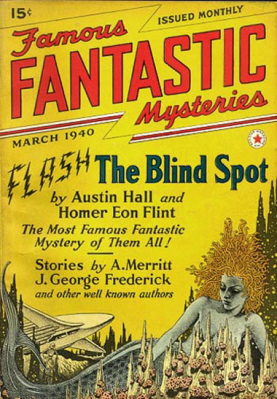 Last night at dinner we were discussing (as one does) Homer Eon Flint.
Last night at dinner we were discussing (as one does) Homer Eon Flint.
Since my guests were working on ideas for the 2011 Potlatch convention, we can be forgiven this. Flint was a local author, having grown up in San Jose, and there was talk of doing a panel on him.
I had not known that Flint was working in a shoe repair shop in SJ, or that he was killed in a car crash (perhaps after stealing it from a local gangster, perhaps instead murdered by that local gangster).
It’s covered on his Wikipedia page, and in the article by his granddaughter Vella Munn, “Homer Eon Flint: A Legacy,” available on the Strange Horizons site.
Munn’s piece talks with great respect of the work of one Mike Ashley in ferreting out facts without disturbing the family’s peace. Munn mentions that there were other writers in the area, with whom Flint (actually, Flindt) used to hang out when he lived here in the teens and early 20’s.
Forry Ackerman talks about Austin Hall meeting Flint in his shoe shop, in his introduction to The Blind Spot, the 1921 novel the two wrote together.
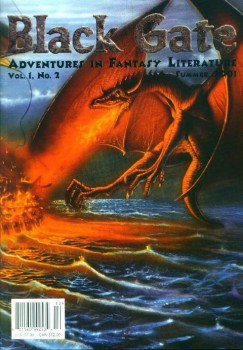 Matthew Maestri writes:
Matthew Maestri writes: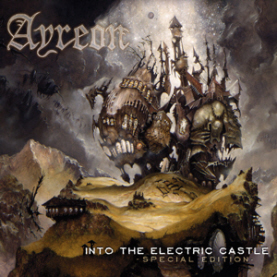 There’s this thing I do when I know a given task will be difficult. I
There’s this thing I do when I know a given task will be difficult. I 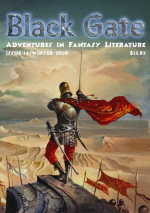 Luke Forney. who
Luke Forney. who 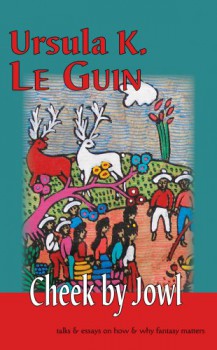
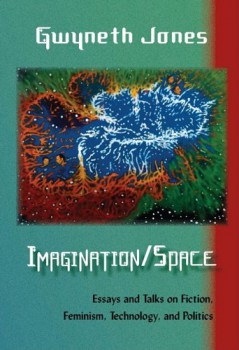 For all those recovering English majors interested in science fiction criticism, you might want to check out
For all those recovering English majors interested in science fiction criticism, you might want to check out 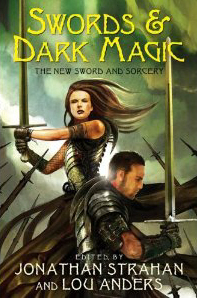 Lou Anders
Lou Anders 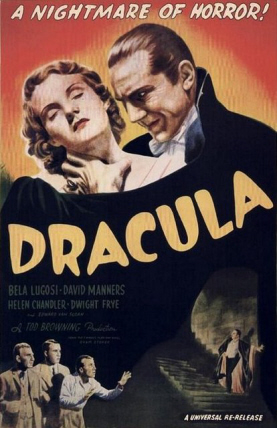 Dracula by Bram Stoker frequently vies with The Maltese Falcon by Dashiell Hammett as my favorite book.
Dracula by Bram Stoker frequently vies with The Maltese Falcon by Dashiell Hammett as my favorite book. Okay, writers. Let’s say you have a short story idea or two, but you don’t know the best way to write it. Some sage writers with some sales under their belts tell you that you Must Outline. Other wisened authors tell you to just, “Go where the story takes you,” that you shouldn’t outline at all.
Okay, writers. Let’s say you have a short story idea or two, but you don’t know the best way to write it. Some sage writers with some sales under their belts tell you that you Must Outline. Other wisened authors tell you to just, “Go where the story takes you,” that you shouldn’t outline at all. “Clowns, without a doubt.”
“Clowns, without a doubt.”